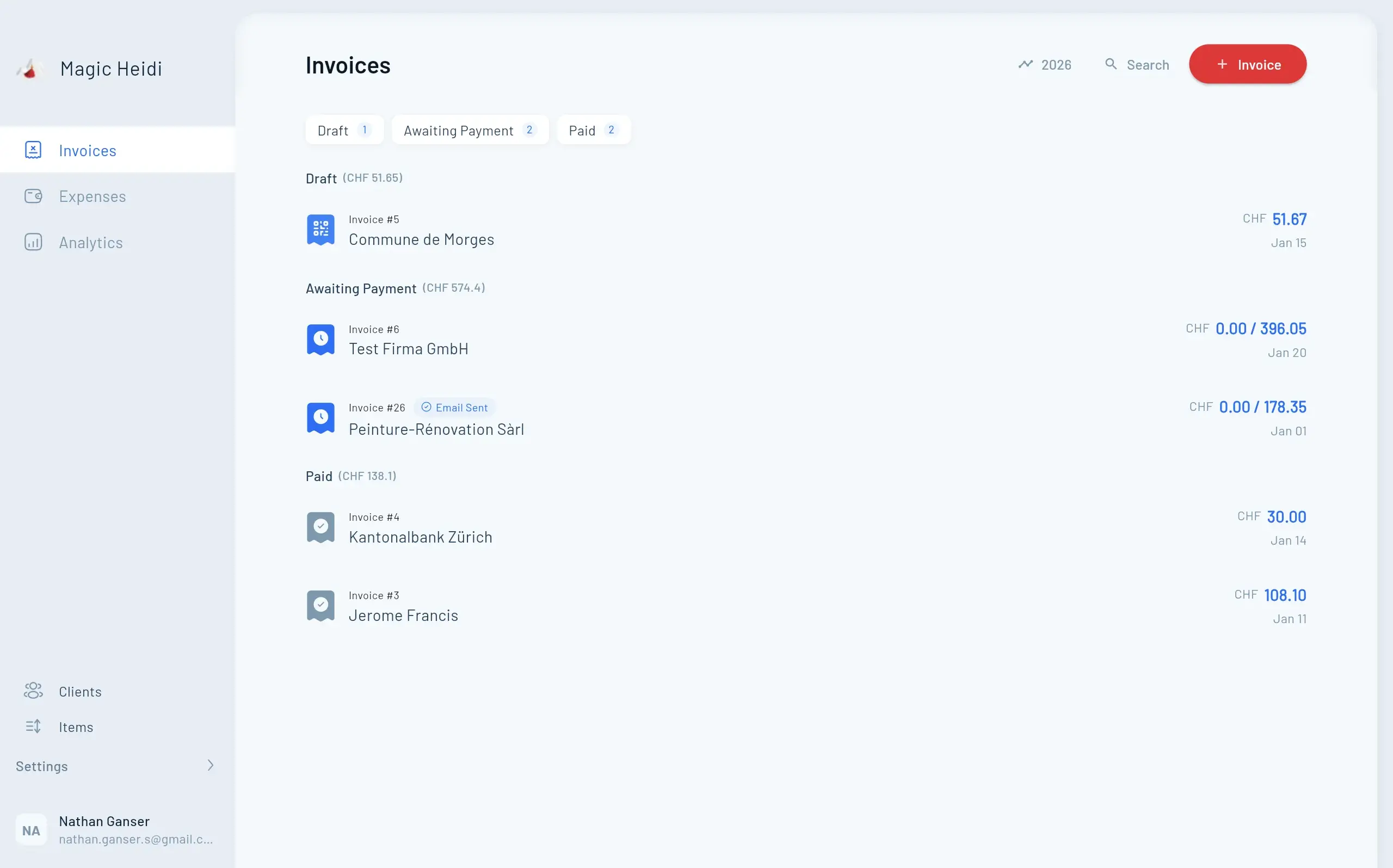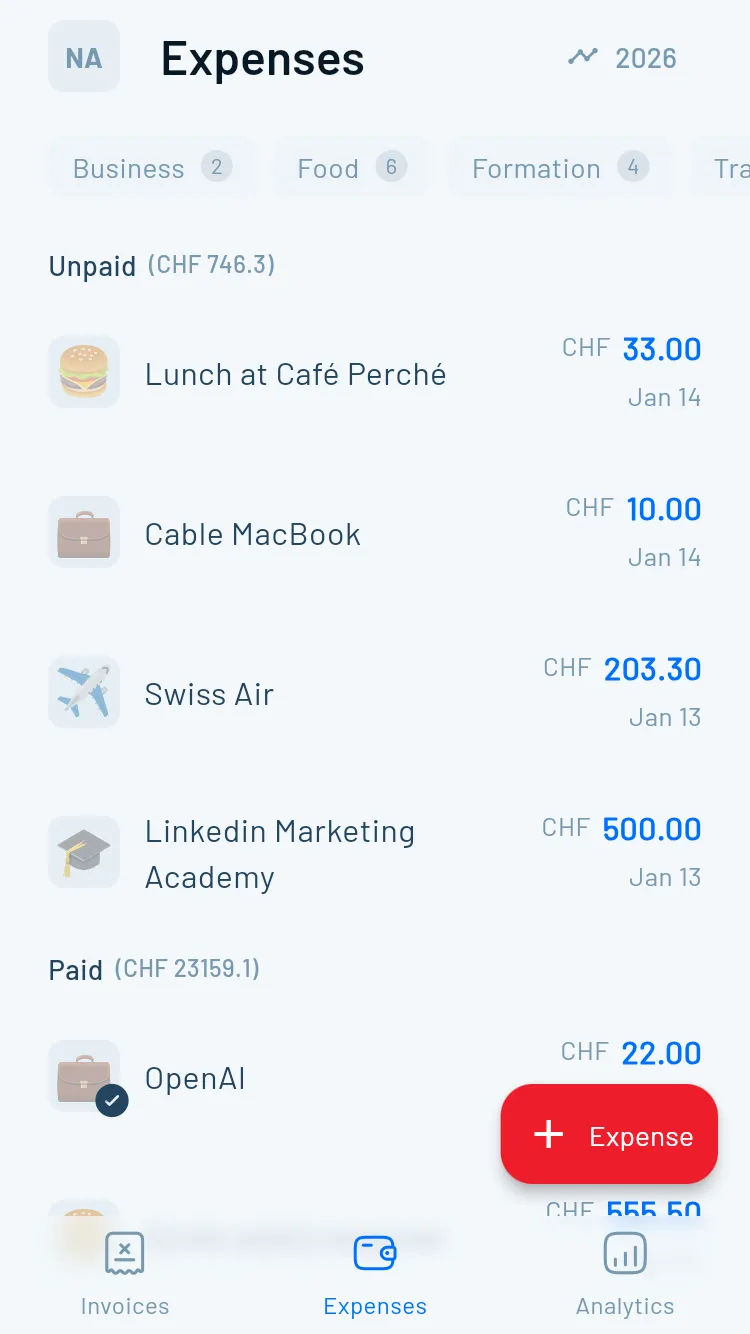[Your Name]
[Your Address]
[City, Postal Code]
[Email]
[Phone]
[Date]
[Employer Name]
[Company Name]
[Company Address]
[City, Postal Code]
Subject: Resignation from Employment
Dear [Manager's Name],
I am writing to formally notify you of my resignation from my position as [Your Job Title] at [Company Name].
In accordance with my employment contract, I am providing [notice period] notice. My last working day will be [specific date].
I would like to thank you for the opportunities I have had during my time with [Company Name]. I have valued my experience here and appreciate the professional development I have gained.
I am committed to ensuring a smooth transition and will do everything possible to hand over my responsibilities effectively during the notice period.
Please confirm receipt of this letter and let me know how I can best support the transition process.
Yours sincerely,
[Handwritten Signature]
[Typed Name]
[Ihr Name]
[Ihre Adresse]
[PLZ, Ort]
[E-Mail]
[Telefon]
[Datum]
[Arbeitgeber Name]
[Firma]
[Firmenadresse]
[PLZ, Ort]
Betreff: Kündigung des Arbeitsverhältnisses
Sehr geehrte/r [Name],
Hiermit kündige ich mein Arbeitsverhältnis als [Ihre Position] bei [Firma] ordentlich unter Einhaltung der vertraglich vereinbarten Kündigungsfrist.
Gemäss meinem Arbeitsvertrag beträgt meine Kündigungsfrist [Frist]. Mein letzter Arbeitstag wird somit der [genaues Datum] sein.
Ich möchte mich für die Möglichkeiten bedanken, die mir während meiner Zeit bei [Firma] geboten wurden. Ich werde mich bemühen, eine reibungslose Übergabe meiner Aufgaben zu gewährleisten.
Ich bitte Sie, den Erhalt dieses Schreibens zu bestätigen.
Mit freundlichen Grüssen
[Handschriftliche Unterschrift]
[Getippter Name]
[Votre nom]
[Votre adresse]
[NPA, Ville]
[E-mail]
[Téléphone]
[Date]
[Nom de l'employeur]
[Nom de l'entreprise]
[Adresse de l'entreprise]
[NPA, Ville]
Objet : Démission
Madame, Monsieur,
Par la présente, je vous informe de ma décision de résilier mon contrat de travail en tant que [votre poste] au sein de [entreprise], dans le respect du délai de congé contractuel.
Conformément à mon contrat de travail, mon délai de congé est de [délai]. Mon dernier jour de travail sera donc le [date précise].
Je tiens à vous remercier pour les opportunités qui m'ont été offertes durant mon parcours au sein de [entreprise]. Je m'engage à assurer une transition harmonieuse de mes responsabilités.
Je vous prie de bien vouloir confirmer la réception de cette lettre.
Je vous prie d'agréer, Madame, Monsieur, l'expression de mes salutations distinguées.
[Signature manuscrite]
[Nom tapé]
[Il tuo nome]
[Il tuo indirizzo]
[CAP, Città]
[E-mail]
[Telefono]
[Data]
[Nome del datore di lavoro]
[Nome dell'azienda]
[Indirizzo dell'azienda]
[CAP, Città]
Oggetto: Dimissioni
Gentile [Nome],
Con la presente Le comunico la mia decisione di rassegnare le dimissioni dalla posizione di [la tua posizione] presso [azienda], nel rispetto del periodo di preavviso contrattuale.
Secondo il mio contratto di lavoro, il periodo di preavviso è di [periodo]. Il mio ultimo giorno di lavoro sarà quindi il [data precisa].
Desidero ringraziarLa per le opportunità che mi sono state offerte durante il mio percorso presso [azienda]. Mi impegno a garantire una transizione armoniosa delle mie responsabilità.
La prego di confermare la ricezione di questa lettera.
Cordiali saluti,
[Firma autografa]
[Nome digitato]




